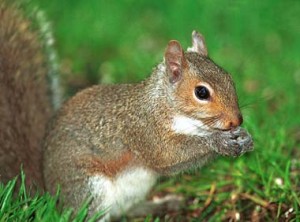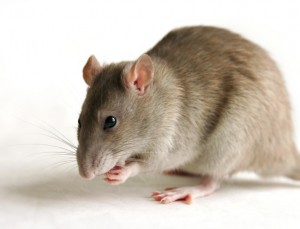Rat, Mouse & Poisons
In Pests in December, Pests in February, Pests in January, Pests in November, Pests in Winter, Rats & Mice
Rat, Mouse & Poisons:
It is a common mistake for people to believe that stronger poisons (rodenticides) are better. First poisons with lower toxicity protect other wildlife that may eat a poisoned rodent. Birds of prey, foxes and badgers may be susceptible to this type of what is called ‘secondary’ poisoning. The strength of the rodenticide is often blamed on any treatment failures. Actually the main problem with most rodent treatments is to persuade all the rodent population to consume enough poison. Strong poisons will prevent this. Rodents are very sociable animals, some (especially rats) very suspicious so will take time to feed on a new food source (the poison bait or rodenticide). In most cases (depending on how hungry they are, their social status, external food sources and other factors) rodents will consume small amounts of bait to start with. If the poison is strong and they die or get ill then their friends and relatives will notice this and associate the poisoned bait with this and ignore it. Another reason for failure may be that the food source the rodents are feeding on has not need eliminated so only part of the rodent population is feeding on the bait. As rodents can breed very quickly any rats killed by the poison are replaced. This leads the customer to believe the treatment has failed and to ask for stronger poisons.
The three pest rodents in England are rats, mice and squirrels. All act differently when presented with poisoned bait.

Squirrels are curious but fussy feeders and will rarely touch bait unless it has been made more attractive by adding peanut butter, chocolate or other additives to the standard grain bait treated with warfarin. This is (Warfarin on whole wheat 0.02%) that is allowed to be used for squirrels.

Rats are suspicious of the bait and any containers wether they be trays or boxes. The way the bait is presented and the location are important for success.
Mice are highly inquisitive and the colony requires may small bait points for complete eradication.
To book a pest control treatment or free advice then please call us at PEST UK: 0330 100 2811 (local rate) or 0800 026 0308 (free from land lines & some mobiles).
Rat Advice from the BPCA
Mice BPCA
NEXT/PREVIOUS:
Wasp Problems in Winter »
False Widow Spiders in Berkshire and Hampshire «

